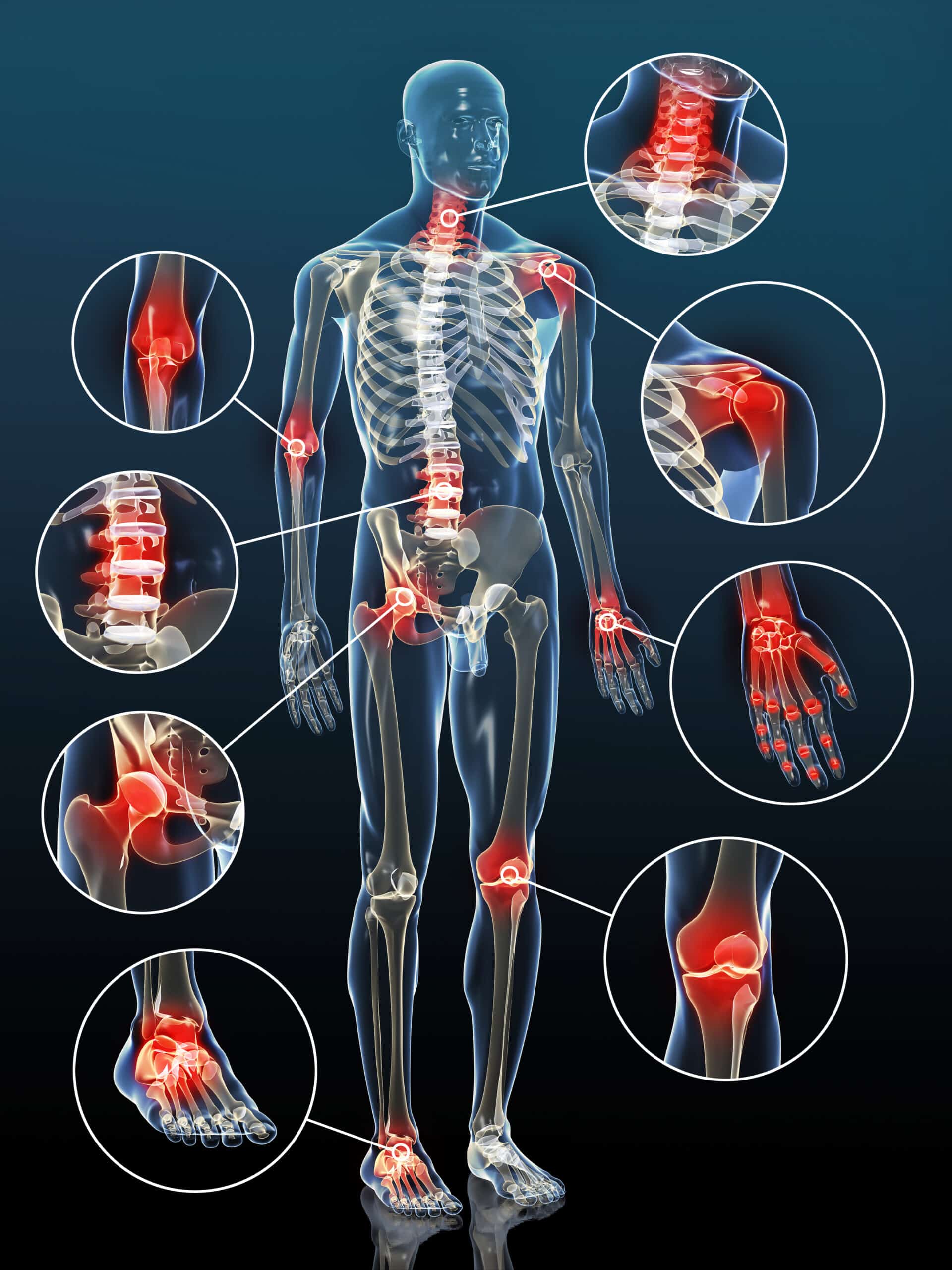Per Dr Maroon,”as a self-described fitness enthusiast and 8-time Ironman™ Triathlete, I have personally been afflicted with painful muscle and joint injuries and the need for powerful non-steroidal anti-inflammatories (NSAIDs), such as Vioxx, Celebrex and Motrin, which can have serious side effects both in the short and long-term usage. My goal has always been to help my patients and recommend safe and effective products with little or no side effects. Such products must also be thoroughly tested and easy to take.”
Serious Side Effects Revealed
Despite their effectiveness to treat many forms of inflammation, NSAID drugs can have serious side effects. These complications were generally thought to be confined to the gastrointestinal (GI) tract. Stomach pain and in some cases bleeding ulcers and the need for hospitalizations and blood transfusions can occur even with short term use of these medications. Most physicians would counsel patients about these potential complications but with many of the NSAIDs are now available over the counter (OTC) subsequent complications have exploded.
Recent reports indicate annually in the US over 100,000 people are hospitalized and over 16,000 actually die from complications related to both steroids and NSAID medications. Additionally, despite their wide use for injury related pain, NSAIDs can reduce tissue healing and in some cases lead to accelerated kidney failure in some people.
What Can We Do? Supplements
Some of the latest research indicates certain herbal supplements, including Curcumin that is extracted from the spice turmeric, and Boswellia, can be ideal for reducing inflammatory cytokines. Cytokines (see drawing) are inflammatory molecules produced by our body’s immune system. Cytokines are often linked to an inflammatory diet containing saturated fats, simple sugars, lack of physical activity, overuse of joints or other tissue injury. Excessive amounts of cytokines over time can ultimately cause damage to healthy tissues in the body. See the list of conditions linked to excessive cytokine production below.
Supplements used to reduce Inflammation Response:
Curcumin is the active anti-inflammatory agent found in the spice turmeric. It has been shown to inhibit the activity of the 5-lipoxygenase and cyclooxygenase enzymes, blocking the production of pro-inflammatory eicosanoids (PG-2, LTB-4). A large double-blind study demonstrated that curcumin was as effective as a powerful anti-inflammatory drug in reducing pain, swelling and stiffness in rheumatoid arthritis. It has also been shown to be effective in the treatment of postsurgical inflammation. Other studies indicate that curcumin can lower histamine levels and is a potent antioxidant.
Side effects are rare, but can include heartburn and reflux. As curcumin inhibits the cyclooxygenase enzyme system, an known inflammatory pathway. Curcumin may reduce platelet aggregation and thus may potentiate the effects of certain anticoagulant drugs. Speak to your healthcare provider before taking if you are on medications.
Boswellia possesses anti-inflammatory, anti-arthritic, and pain-relieving properties. In clinical studies, the gum resin of the Boswellia tree, better known as frankincense. Boswellia has been shown to improve symptoms in patients with osteoarthritis, and rheumatoid arthritis. Research indicates that boswellic acids inhibit the 5-lipoxygenase enzyme in white blood cells that is associated with the production of cytokines. Clinically, it has been used in the treatment of degenerative and inflammatory joint disorders. It reduces the total white blood cell count (a marker of inflammation) in inflamed joint fluid. It also inhibits leukocytes elastase which is released in rheumatoid arthritis. One recent study showed a statistically significant improvement in arthritis of the knee after 8 weeks of taking it three times a day. It improved function in the affected joints. Another study demonstrated a significant drop in pain severity and disability. The efficacy and tolerability of a combination of boswellia-curcumin was shown to be superior to those of non-steroidal diclofenac for treating active osteoarthritis.
Anti-inflammatory Diet
Diets low in excessive red meat, saturated fats, simple sugars and overcooked food can suppress inflammatory factors in the body. Avoid excessive amounts of red meat, eggs, and wheat products all contain something called arachidonic acid. While some arachidonic acid is essential for your health, too much arachidonic acid in the diet will make your inflammation worse. Junk and processed foods often contain too much similar sugar. Excessive consumption of sugars and refined starchy carbohydrates like white flour can also aggravate inflammation. Another possible source of irritation are plants from the nightshade family.
Stay away from the starchier carbohydrates like pastas and white breads and you should avoid simple sugar too. Choose green leafy vegetables, green and brightly colored vegetables and lots of fresh whole fruits. Berries are a great choice, especially blueberries and strawberries which are packed with anti-inflammatory phytochemicals and antioxidants. Apples and red onions are great sources of quercetin, which has strong anti-inflammatory properties. Green vegetables and whole fruits are also important as sources of dietary fiber. Oats and oatmeal contain beneficial fiber too.
Overall, a healthy anti-inflammatory lifestyle must include many of these better choices for diet, dietary supplements and moderate regular exercise. We must avoid the too easy choice of taking NSAIDs. For joint pain try lifestyle changes like daily stretches, yoga and muscle conditioning. It’s not easy, but in the long run most will find a longer and healthier life.




